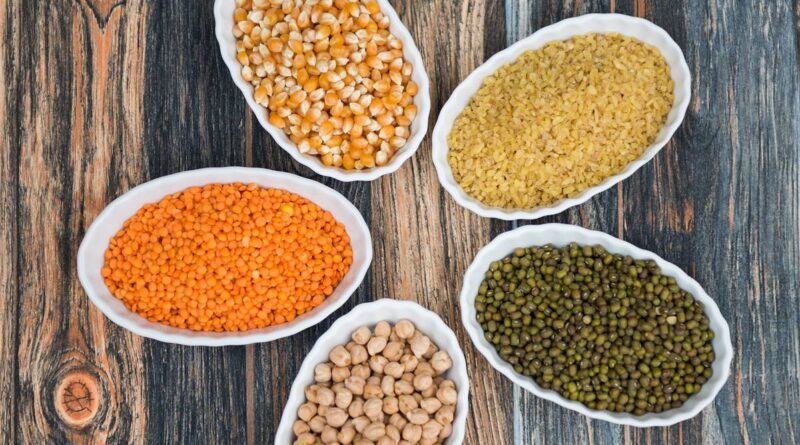Govt urges retailers to align prices of pulses with falling mandi rates
By Sandip Das
The department of consumer affairs has urged retailers to reduce prices of pulses in line with decline in mandi prices so that consumers get benefits of lower prices.
Sources told FE that while prices tur, masur, chana, moong, yellow peas, urad etc have declined by 5-20% in the last couple of months in the wholesale markets, the retail prices continue to rule firm.
According to the price monitoring cell of the consumer affairs department, the benchmark modal retail prices of tur, urad and masoor remained unchanged on Saturday at Rs 160/kg, Rs 120/kg and Rs 90/kg respectively compared to prices prevailing three months back.
Retail prices of moong have declined by 8% to Rs 110/kg at present from the prices prevailed three months back.
“There is a time lag between fall in mandi prices of pulses reflecting in the softening of retail prices,” Nitin Kalantri, managing director, Kalantry Food Products, a Latur, Maharashtra-based pulses processor, told FE. He stated prices would be softening in the coming few weeks.
With the fresh arrival of the kharif harvest and robust imports, the mandi prices of several varieties of pulses – tur, urad and moong are ruling close to minimum support price (MSP), trade sources said.
At Latur (Maharashtra), the mandi prices of newly harvested tur and urad dals are ruling at the level of the minimum support price (MSP) of Rs 7550/quintal and Rs 7400/quintal respectively, while previous two years because of decline in output mandi prices were ruling Rs 90 – Rs 100 / kg leading to sharp spike in retail prices.
In the previous two years the government agencies such as Nafed and NCCF could not purchase tur and urad dal from the farmers at MSP as prices were ruling significantly above MSP.
The agriculture ministry is aiming to boost pulse production to 29.9 million tonne (MT) in the 2024-25 crop years (July-June), an increase of over 23% from 2023-24 crop year. Due to adverse weather climate conditions, pulse output is estimated to decline to 24.24 MT in 2023-24 crop year, a fall of 7% compared to previous year.
Under the six years mission for attaining self-sufficiency in pulses, Finance minister Nirmala Sitharaman in her union budget (2025-26) speech had stated the agencies – NAFED and NCCF – will procure pulses varieties – tur, urad and masoor as much as offered during the next four years from farmers “who register with these agencies and enter into agreements,”.
In the last five years ending FY24, India has imported more than 11% of its annual pulses consumption mostly from Canada, Russia, Australia, Myanmar, Tanzania, Malawi and Mozambique.
Meanwhile the government agencies – NCCF and farmers’ cooperative Nafed have commenced purchase of tur dal under the price support scheme of the agriculture ministry from Karnataka, Andhra Pradesh and Telangana after a gap of two years as prices of key pulses are ruling below MSP. Karnataka government has approved Rs 450/quintal as bonus on tur procurement over minimum support price (MSP) of Rs 7550/quintal.
Officials said purchase of tur dal, whose prices for the last two years were ruling atleast 30% above the MSP, will commence in Maharashtra soon.
The agriculture ministry has also approved purchase of 96,498 tonne of begal gram, a substitute of chana under PSS in Karnataka.
This article has been republished from The Financial Express.

